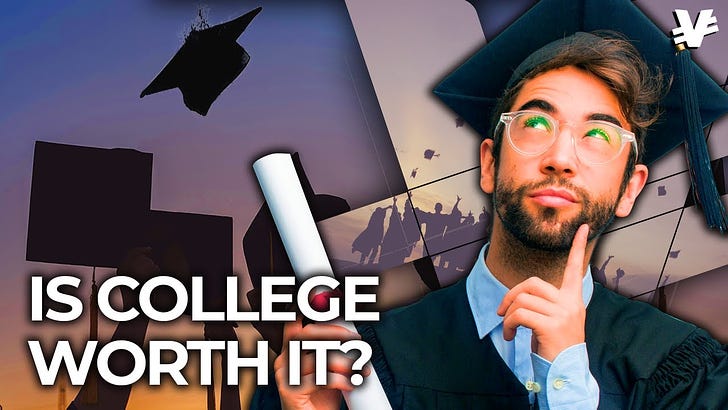Why Free Higher Education is Bad
Higher taxes: In order to provide free higher education, governments must raise taxes, which can be a burden on taxpayers. This can lead to an increase in the cost of living for many citizens, as well as a decrease in disposable income.
Lower quality of education: Since free higher education is funded by taxes, there may be a lack of resources to fund the best professors, research, and infrastructure. Additionally, if college is free, more people may decide to attend, which can cause overcrowding in colleges. This can lead to a decrease in the quality of education, as well as a decrease in the college's ability to provide resources to its students.
Signalling: Free higher education can lead to a higher demand for higher education, to the point where people feel they must obtain a degree. Employers may use degrees as a way to filter applicants, even if the position does not really require it. This is bad for the economy, because the immense amount of money invested are being misallocated. Apart from a handful of professional degrees, most students will leave higher education and not use what they have learned in their job.
Increased number of high-school dropouts: Due to a large number of people attending higher education, high-school students that are doing poorly during high-school will give up sooner. They will do this because they feel like they cannot compete and there is little point of finishing high-school if they will not be able to goto university.
Increased number of non-college adults dropping out of the workforce: a recent study has discovered that non-college male adults of working age (25-54) are dropping out of the workforce, because they cannot achieve the 'social status’ that they want. This is due to their inability to compete with their higher-educated counterparts.


